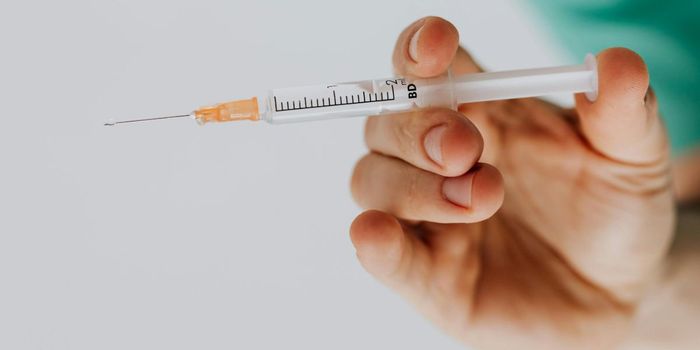Can Exercise Prevent Cocaine Addiction Relapse?
Addiction to drugs or alcohol is a medical problem that is difficult to treat. While there are medications and therapy to help, addiction changes the brain, structurally and on a cellular level.
There are FDA approved medications to treat addiction to opioids, heroin and crystal meth. There are also drugs that can be used to treat alcoholism and withdrawal symptoms. Cocaine addiction, however, is another matter. To date, there are no medications that can treat addiction to coke. A study published in 2015 that investigated the use of an enzyme called cocaine hydrolase, which breaks down the metabolites in cocaine that cause the high users are chasing. It's a long way off from being available, however.
What if there was a much simpler solution to cocaine dependence? Scientists at the University of Buffalo Research Institute on Addictions have concluded a study that shows aerobic exercise reduced cravings for cocaine in an animal model. Dr. Panayotis (Peter) Thanos, Ph.D., led the work and explained, "Cocaine addiction is often characterized by cycles of recovery and relapse, with stress and negative emotions, often caused by withdrawal itself, among the major causes of relapse. Our results suggest that regular aerobic exercise could be a useful strategy for relapse prevention, as part of a comprehensive treatment program for recovering cocaine abusers."
The study used an animal model, where lab rats were divided into two groups, one where they were kept in cages and the other where they ran on a treadmill, for an hour a day, for five days a week. Both were given free access to unlimited food that was laced with cocaine. Addiction was the result. In the rats who were sedentary continued try and seek out the cocaine-laced food, especially when stressed. In comparison, the group of rats that were used to working out did not show a drug-seeking response when stressed. Thanos and his colleagues had done previous research into addiction and found that exercise resulted in an altered reward pathway in the limbic system of the brain, essentially repairing the damage done by drugs. Cocaine hijacks this pathway, which is what causes addicts to continue to seek the drug.
The recent work built on that study to see if exercise could prevent relapses by reducing stress levels and rewiring the reward pathway. Study co-author Lisa Robison, Ph.D. is a post-doctoral researcher at Albany Medical College. She told Inverse.com, " What's cool for exercise is that it's a two-for-one deal! Exercise has been shown to both improve the functioning of the reward pathway and reduce stress responses. Exercise presents a natural and cost-effective means of combating substance abuse, and has a multitude of other benefits for physical and psychological health."
More research will be needed to see if exercise can make a difference in preventing relapses and controlling stress in patients who are addicted to other drugs. If so, the way patients recover from substance abuse could drastically change to include exercise and other stress-busting activities. Check out the video to learn more about the work.
Sources: University of Buffalo Inverse.com Behavioral Brain Research









